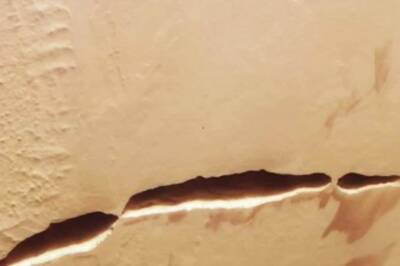
views
KOZHIKODE: Refuting the argument of the PWD authorities, experts from the National Institute of Technology (NIT)here are saying that, roads can actually be repaired during the rainy season. Various organisations which protested the dilapidated condition of roads in the state had all received the same answer from the officials of the Public Works Department, that the repair works could not be carried out as long as it was raining. However, experts are saying that there is a solution for this problem. “In the current method of tarring the road, bitumen is heated to a temperature of 163 Celsius and then taken to the site of tarring. While transporting, a temperature of 135 Celsius has to be maintained. This is difficult during the rainy season. This method requires that the area where tarring is done is dry, which is difficult to ensure during the rainy season,” they said. The alternate method which they suggest, however sidesteps all these complications. “In the alternative method, instead of heating bitumen, it is mixed with a solvent such as kerosene to a specific proportion. The mix thus created can be poured on to the portion of the road in need of repairs at any temperature. This method is also effective on wet roads,” they claimed. The mixture of bitumen and kerosene can be stored for up to six months and can be used whenever required. Though it is a bit more expensive than the traditional method, experts estimate that the increase in cost can be evened out due to the longevity and versatility of the method. “A paper about the method published in the Indian Roads Congress in 2008 estimates that the mixture has a four year survival rate of 78 per cent,” they said.And the method has not been confined to papers and journals. “It has been successfully used to repair potholes on the Jaipur-Agra road and by the West Bengal PWD. And while no one is arguing for the scrapping of existing methods, this is certainly something that can be tested out on our roads on a trial basis,” they said.


















Comments
0 comment